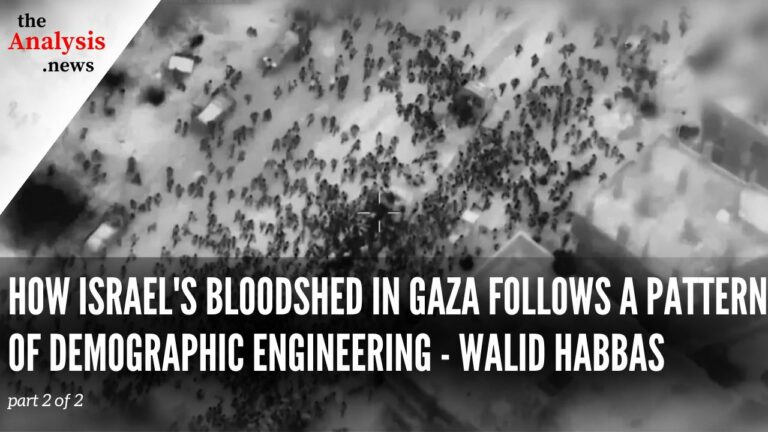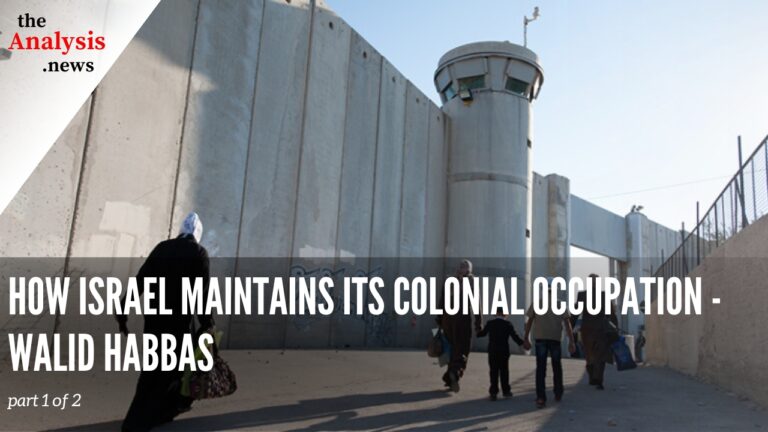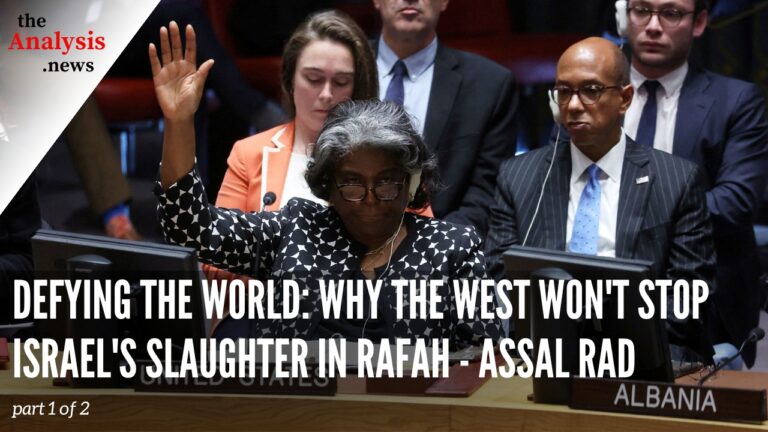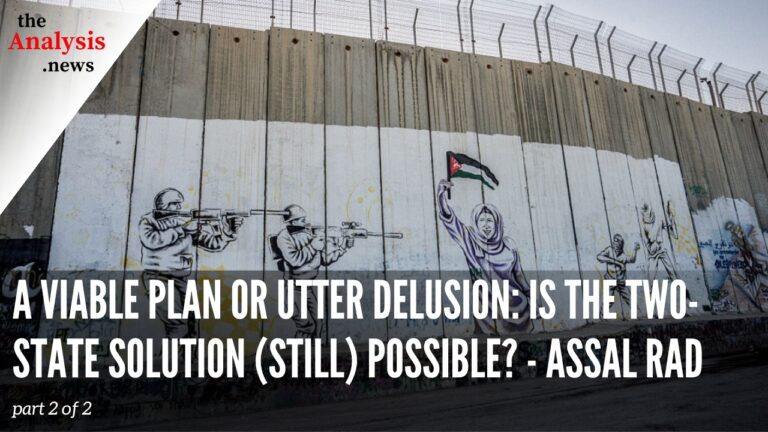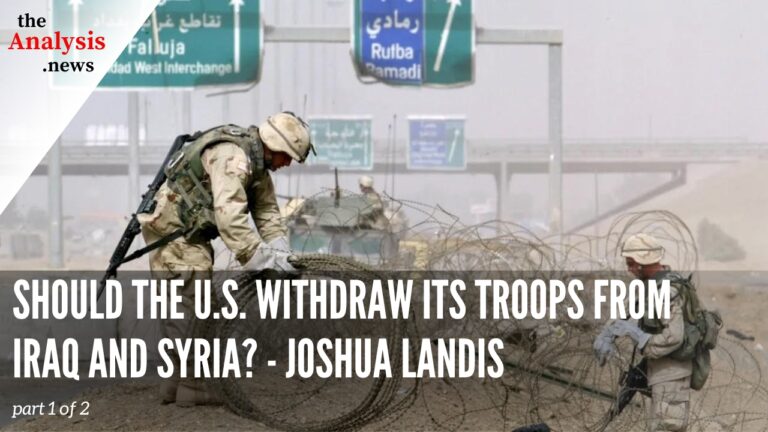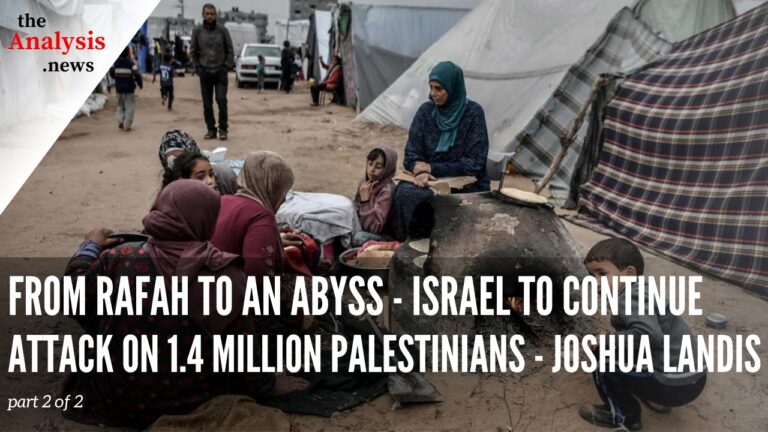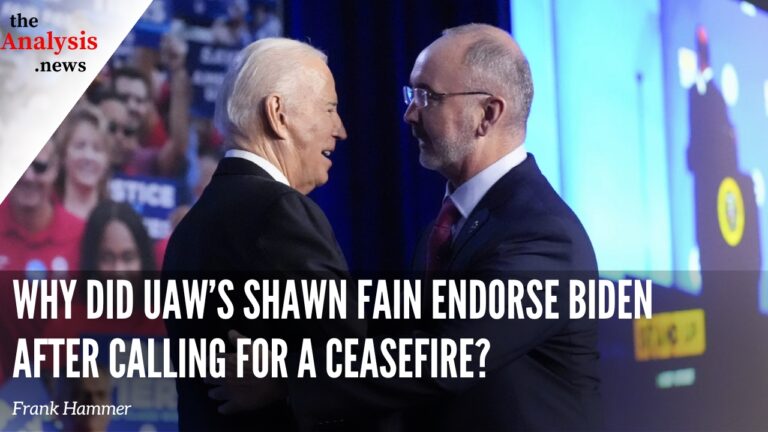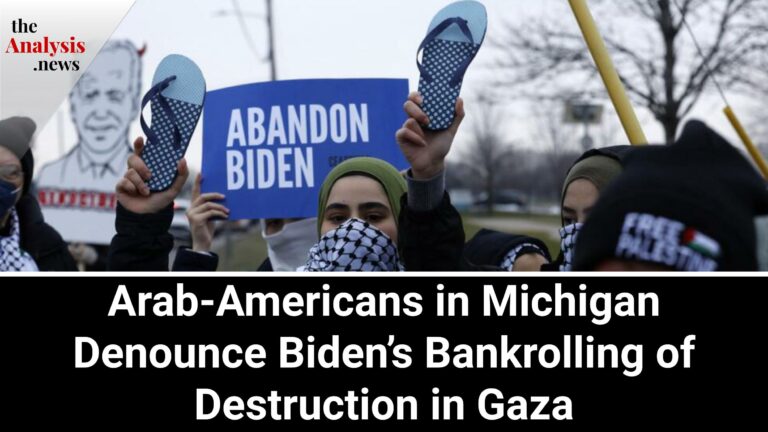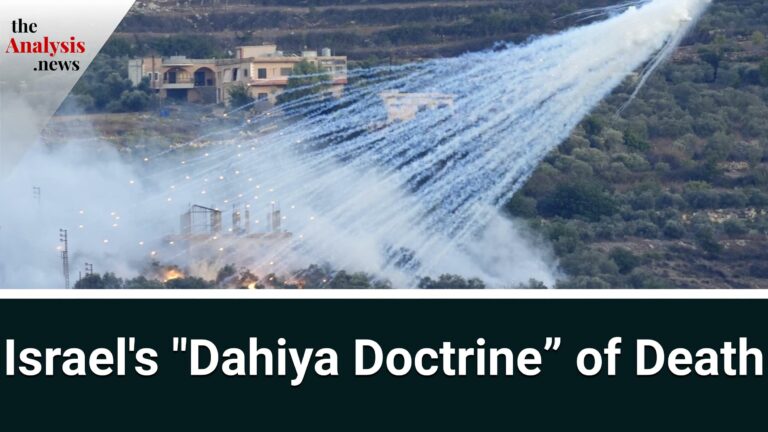Genocide in Gaza Supported by Venture Capital’s AI Military Tech – William Hartung
The Israeli attack on a civilian aid convoy, which killed seven World Central Kitchen workers, has pushed U.S. officials to entertain policy alternatives to unconditional aid to Israel. Bill Hartung, national security and U.S. foreign policy analyst at the Quincy Institute for Responsible Statecraft, discusses the Biden administration’s weapons sales to Israel, many of which have not been reported to U.S. Congress. Hartung addresses the role of venture capital firms in shaping the U.S. defense industry, firms which advocate the development of dual-use technology or artificial intelligence as optimized tools to wage warfare.

